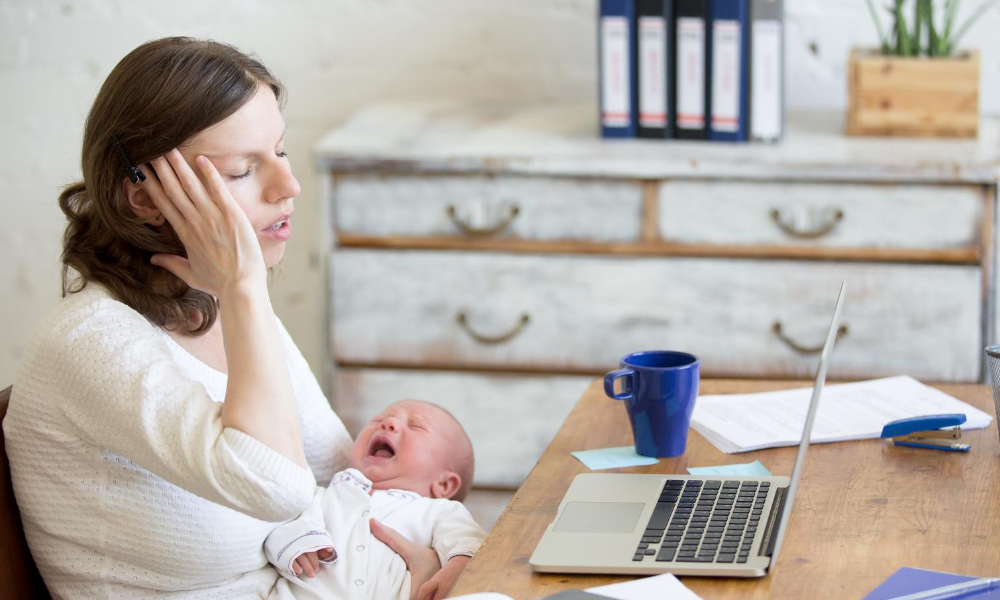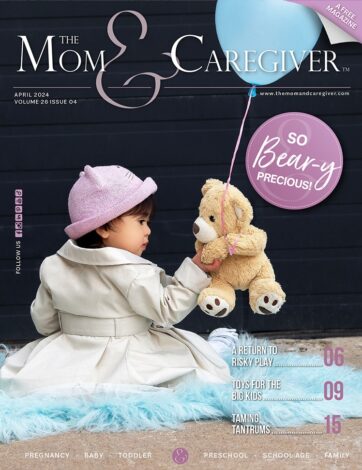8 Tips for Dealing with COVID-19 Burnout
We are now six months deep into the COVID-19 pandemic. Almost every e-mail and briefing about the coronavirus contains the adjectives “unprecedented” or “evolving”. The adjective unprecedented implies that this is uncharted territory. The term evolving implies an ever-changing landscape of uncertainty. Additionally, these aspects ( economic uncertainty, news replete with nightly death counts, and the loss of social supports as we self-isolate) have created the second pandemic of mental health challenges.
The Canadian Mental Health Association has labeled mental health challenges as the “echo pandemic.”
Coping with COVID-19 Burnout
People who have faced a pre-existing history of anxiety, depression, or addictions are finding the pandemic has worsened their condition. Those who have never had a history of mental health battles are experiencing anxiety for the first time.
Fortunately, there are a number of resources and tips for coping with our “new reality”.
- As a support person, ask your friends and neighbors how they are doing.
- Share what you are experiencing. Sometimes sharing what you are feeling helps others open up as well.
- Engage in self-care. Eating a healthy diet, exercising, and sleeping well establish a routine and improving a sense of well-being.
- Name your anxiety. Try to understand what is the worst thing you fear. This will help you to address that aspect rather than facing unmanageable anxiety.
- Be informed. Knowledge can help us to conquer our fears but it is important to temper this with boundaries. The 24-hour news cycle helps us to further catastrophize. Find a reliable source that does not sensationalize the news and be disciplined about only checking every few days.
- Focus on things you can control. Handwashing, avoiding touching your face, and observing social distancing are important ways of controlling what you are able to control.
- Connect in ways that are safe. We can still do distance walks, talk on the phone, or meet on a virtual platform. Focus on ways you are able to connect rather that ways you are not.
- Get help. Primary Care practitioners continue to provide care as doing mental health professionals. They may have switched to a safer format but are available. Do not be afraid to reach out.

RESOURCES
- Kids Help Phone 1-800- 668-6868 ext. 686868
- CMHA 1-416-646-5557
- Crisis Services Canada 1-833-456-4566 ext. 45645
- The Canadian Government has an excellent online resource that can be used to help with anxiety around coronavirus and can be used anonymously or can be used as an online portal to discuss with others experiencing similar anxieties.
- The Ontario government has also expanded its online platform to address mental health during the pandemic.
- There are also a number of meditation apps such as Calm and Headspace that may be helpful.Let us hope that this “echo pandemic” fades as most echoes do. Reach out, be mindful, and remember, we are all in this together.Dr. Bhooma Bhayana is a family physician in London and the mother of two young men and a proud grandmother of two! She continues to find wonder and enjoyment in family practice despite more than 30 years on the job!
Dr. Bhooma Bhayana is a family physician in London and the mother of two young men and proud grandmother of three! She continues to find wonder and enjoyment in family practice despite more than 30 years on the job!














